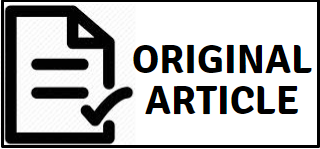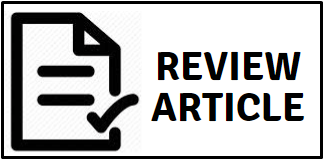The peer review practice is to ensure that only good science that can published. Our referees have a vital important role in maintaining exacting standards of transport policy, and all manuscripts are peer reviewed must following the procedure that mentioned below:
Initial manuscript evaluation. The editor evaluates all the manuscripts first. It is hard to obtain, but an excellent manuscript can be accepted at this stage. Manuscripts which have been rejected are unacceptably original, have serious scientific flaws, have bad grammar, English language, or are out site the purpose and scope of the journal. Those who exceeds the minimum criteria are normally handed over at least 2 review by the experts.
Type of Peer Review. Transport Policy employs double-blind review, where are both the referee and the author remain the confidential all though the procedure.
How the referee is selected. Whenever possible, referees are matched to the paper based on their expertise and our database is regularly updated.
Referee reports. Referees are required to determine whether the manuscript: Original, Methodologically sound, Follows the appropriate ethical guidelines, Has clearly presented the results and supports conclusions, Correctly refers to previous substantial studies.
Language correction is not the part of peer review process, but the referees may, if they would to desire, propose corrections to the manuscripts.
How long does the review process take a time? The processing time for the review process depends on the response of the referees. If the reports of the referee corroborate each other or the report is unduly delayed a further expert advice will be desired. The time required for the review process is dependent on the response of the referees. Should the referee’s reports contradict one another or a report is unnecessarily delayed, a further expert opinion will be sought. In rare cases when it is difficult to find a second referee to review the manuscript, or where the report of one referee has been thoroughly encouraged by the editor, considerations at this stage to accept, reject or ask the author for revision are made on the basic of only one referee's report. The author decision shall be forwarded to the author with the recommendations made by the referees, and usually including the factual comments that was made by the referees. Revised manuscripts may be returned to the initial referees who would be request a further revision of the manuscripts.
Editor’s Decision is final. Referees advise the editor, who is responsible for the final decision to accept or reject the article.
Editor’s Decision is final. Referees advise the editor, who is responsible for the final decision to accept or reject the article.
















